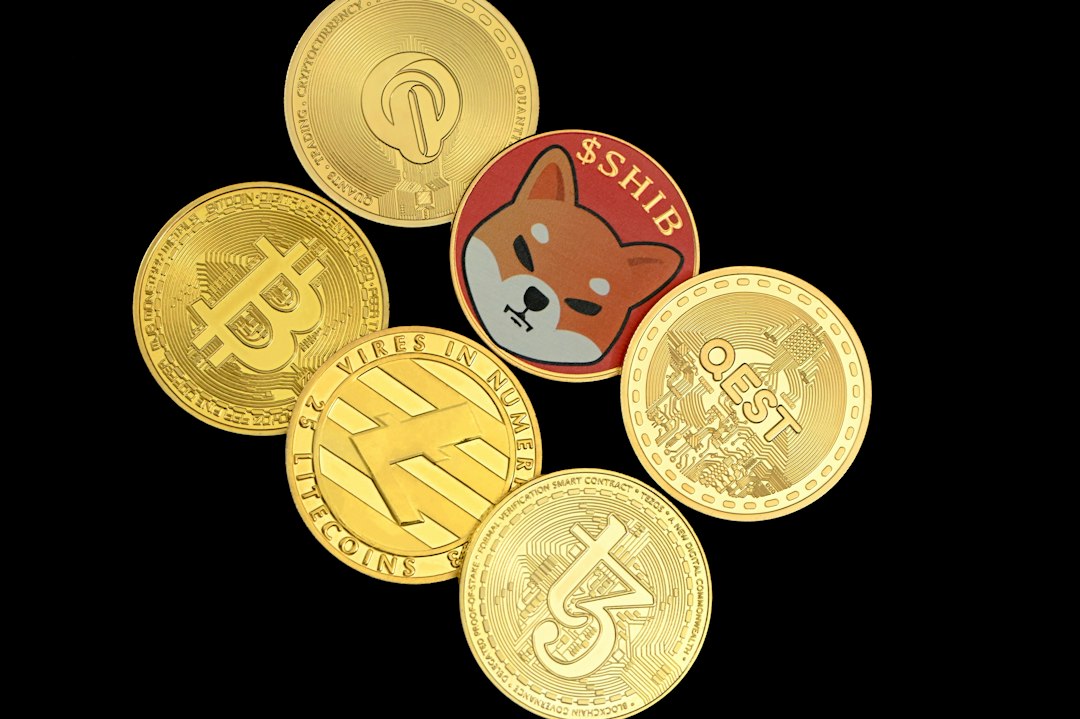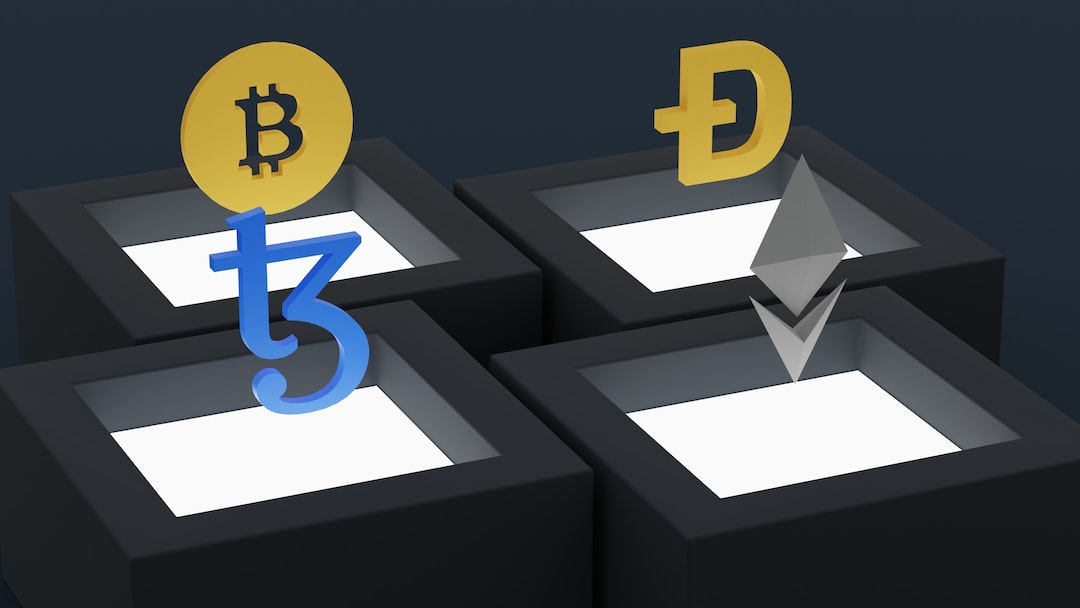Tezos vs. Ethereum: A Comparison of Smart Contract Platforms
If you’re interested in cryptocurrencies, chances are you’ve heard of Tezos and Ethereum. Both are popular blockchain platforms that support the execution of smart contracts and decentralized applications (DApps). In this article, we will compare Tezos and Ethereum to help you understand their similarities, differences, and potential use cases.
Tezos: An Overview
Tezos is a self-amending blockchain platform that aims to provide security, scalability, and community-driven governance. It was founded by Arthur and Kathleen Breitman and launched in 2018. One of the key features of Tezos is its on-chain governance model, which allows token holders to vote on proposed protocol upgrades and changes.
Tezos uses a proof-of-stake (PoS) consensus mechanism, where token holders can participate in the validation of transactions and creation of new blocks. This provides an efficient and eco-friendly alternative to the proof-of-work (PoW) mechanism used by Ethereum, which requires significant computational power.
Ethereum: An Overview
Ethereum, on the other hand, is the most well-known and widely used smart contract platform. It was proposed by Vitalik Buterin in 2013 and launched in 2015. Ethereum introduced the concept of decentralized applications and enabled developers to create their own smart contracts using the Solidity programming language.
Unlike Tezos, Ethereum currently uses a PoW consensus mechanism. However, the Ethereum community is actively working on transitioning to a PoS mechanism called Ethereum 2.0, which is expected to improve scalability, security, and energy efficiency.
Features and Functionality
Both Tezos and Ethereum offer a wide range of features and functionality for developers and users. Smart contracts are at the core of their platforms, allowing for the creation of decentralized applications, token issuance, and automated transactions.
Tezos differentiates itself with its on-chain governance model, which enables protocol upgrades without the need for hard forks. This means that the Tezos platform can evolve more seamlessly, keeping the community engaged and reducing the likelihood of contentious splits.
Ethereum, on the other hand, has a more mature ecosystem and a large developer community. This has led to the creation of numerous DApps, including decentralized finance (DeFi) protocols, non-fungible token (NFT) marketplaces, and more. Ethereum also has a robust ecosystem of tools and libraries, making it easier for developers to build and deploy applications.
Scalability and Performance
Scalability is a critical factor when comparing blockchain platforms, as it determines the number of transactions that can be processed per second. Currently, both Tezos and Ethereum face scalability challenges.
Tezos has implemented a technology called liquid proof-of-stake (LPoS) to improve scalability. LPoS allows token holders to delegate their voting and validation rights to a baker (a Tezos network validator) in exchange for rewards. This delegation process helps distribute the computational load and enhances the network’s performance.
Ethereum, as mentioned earlier, is working on Ethereum 2.0, which will introduce the Beacon Chain and shard chains. This upgrade aims to increase the network’s capacity by enabling parallel processing of transactions. Ethereum 2.0 is expected to significantly improve scalability and reduce transaction costs.
Use Cases
Both Tezos and Ethereum have various real-world use cases. Tezos has gained popularity in tokenization projects, supply chain management, and asset management. Its on-chain governance model appeals to organizations and projects that value community input and transparent decision-making.
Ethereum, with its established ecosystem and developer tools, has experienced extensive adoption in the DeFi space. It is also widely used for creating NFTs, decentralized exchanges, and decentralized autonomous organizations (DAOs).
Conclusion
Tezos and Ethereum are two prominent smart contract platforms that offer unique features and functionalities. Tezos stands out with its on-chain governance model and LPoS consensus mechanism. Ethereum, on the other hand, excels in terms of its extensive developer community and ecosystem.
FAQs
1. Which platform should I choose for my DApp development?
The choice between Tezos and Ethereum depends on your specific project requirements. If you value community governance and easy protocol upgrades, Tezos may be a better fit. On the other hand, if you prioritize ecosystem maturity and developer support, Ethereum is a solid choice.
2. Are there any scaling solutions available for Tezos and Ethereum?
Yes, both Tezos and Ethereum are actively working on scaling solutions. Tezos has implemented LPoS to improve scalability, while Ethereum is transitioning to Ethereum 2.0, which is expected to significantly enhance scalability.
3. Can I migrate my DApp from one platform to another?
Migrating a DApp from one platform to another involves rewriting the smart contracts and adapting the application logic to the target platform’s programming language and standards. It can be a complex process, but it is possible with careful planning and execution.
4. How do Tezos and Ethereum differ in terms of energy consumption?
Tezos, with its PoS consensus mechanism, is more energy-efficient compared to Ethereum, which currently uses PoW. However, as Ethereum transitions to Ethereum 2.0 and its PoS mechanism, energy consumption is expected to decrease significantly.
5. Can I participate in the governance of Tezos or Ethereum?
Both Tezos and Ethereum offer the opportunity for token holders to participate in governance. In Tezos, token holders can vote on protocol upgrades and changes. Ethereum also has a governance system that allows token holders to participate in decision-making processes through voting.
Both Tezos and Ethereum have their strengths and weaknesses, and the choice between them depends on the specific requirements of your project. It’s advisable to conduct thorough research and consider factors such as governance models, ecosystem maturity, and scalability when making your decision.





 By
By
 By
By
 By
By
 By
By
 By
By